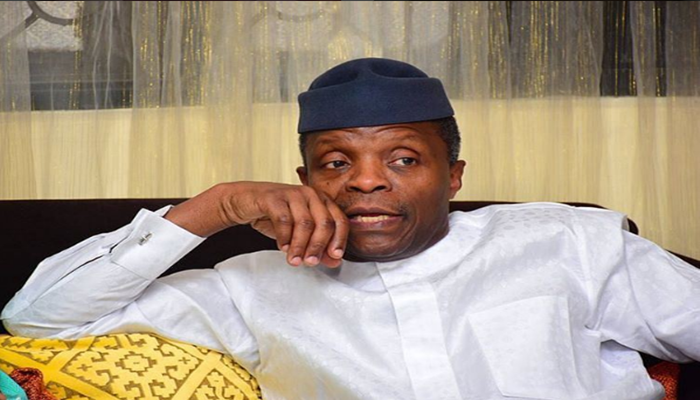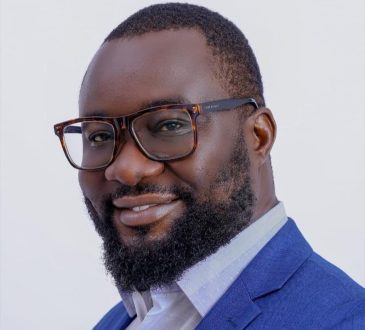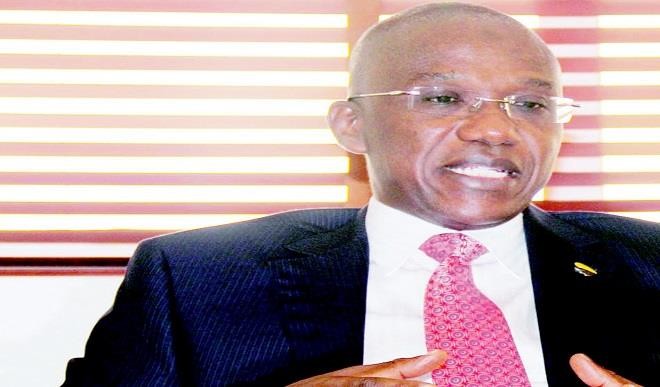
* Fake news damages public information, causing fear and alarm
“One of the great worries should be, for us, what harm is done to public information. I think that a time may come, if nothing is done, when nothing would be believed or nothing would be believable because as technology improves in its capacity to manipulate and its capacity to dissemble, after a while, there would be perfect videos using artificial intelligence and all of the other tools of digital technology” – VP Osinbajo
REMARKS BY HIS EXCELLENCY, PROF. YEMI OSINBAJO, SAN, VICE PRESIDENT OF THE FEDERAL REPUBLIC OF NIGERIA AT THE NIGERIA 2019: COUNTERING FAKE NEWS EVENT ORGANISED BY BBC NEWS AFRICA SERVICE, IN ABUJA ON THE 9TH OF JANUARY, 2019
May I just say, how deeply honoured I am to be here and thankful that I got an invitation to be here. Because just as Adesuwa has said, I am one of the very many targets of fake news, and it is not just about money and sometimes, it may also cost you marital peace. About 3/4 weeks ago, I got a call in the office from my wife, and she said: “Yemi what are you doing with strippers?” I said, “What do you mean strippers?” So there had been a story on a famous blog that said “Osinbajo caught with strippers” and there was a photograph of me standing in between two perfectly clothed ladies, but just underneath the photo, was another photo of both ladies not wearing much.
As it turns out, I had in fact taken photographs with these two ladies at an entertainment event, where they were perfectly clothed, but by the time the story was put out, it was as though I had taken the photographs with them at the time they were not perfectly clothed. Of course, I was not in the photograph of them not being clothed, but just the caption and the story gave the impression that I was in the company of these ladies at a point where they were obviously doing their business.
The capacity of Fake News to cause great harm is not in doubt. Time and time, practically every day, I see news that affects my work in a way or the other, which is fake. I think the mass publication of deliberate falsehood has been with us for as long as people have spoken to each other, for as long as men and women have exchanged words. There has been the realization that it is also a falsehood to manipulate words in a way that will dissemble or mislead.
I think it was Winston Churchill who said famously that “a lie gets halfway around the world before the truth gets a chance to get its pants on.” This was more than half a century ago. But today, with the Internet and social media, that lie would already be halfway to the moon also before the truth even realizes what is going on or where its pants are!
But why Fake News is now news is obviously because of the greater dimensions of content of the harm it can do and then the scope. A lot of these are on account of the advancement in technology, especially in the past two decades or so. But aside the damage done to the credibility and integrity of public information, the capacity of Fake News to cause alarm and fear, or even future violence, has been demonstrated again and again.
One of the great worries should be, for us, what harm is done to public information. I think that a time may come if nothing is done, when nothing would be believed or nothing would be believable because as technology improves in its capacity to manipulate and its capacity to dissemble, after a while, there would be perfect videos using artificial intelligence and all of the other tools of digital technology. There would be perfect videos of somebody making a speech that he never made, of events that never happened. And of course, it becomes more and more difficult to distinguish between what is true and what is untrue. If we discredit public information in that way, it’s a massive danger for society itself, aside from the capacity of Fake News to cause physical harm and all that.
I think that once we destroy the believability of public information, then really, the means of communicating with each have been soiled forever.
So, today, I think there are three important issues for us to look at. The first is to what extent can we hold local players, especially local media owners, to account. I think that with what we have at the moment, it has been pointed out already, that a lot of the disinformation, obviously, is from social media. The traditional press is, obviously, more responsible. And the simple reason why they are more responsible is that there are consequences. It is easier to sue the traditional media. Local laws bind them and it is much easier to hold them to account.
But social media is under multi-jurisdictional regulation if there is any such thing. I think there is an opportunity here for more collaboration, more multi-jurisdictional collaboration. In other words, shouldn’t we be looking at some kinds of conventions, some kind of agreements between countries, between nations that help us to regulate social media much more effectively?
The second point, for me, is how to deal with consequence without infringing on freedom of information and also freedom of the press because just as Prof Soyinka pointed out, everybody is the press now. So, freedom of the press means my freedom to own a blog, my freedom to disseminate information. But the question is, how do we regulate that without infringing on these fundamental freedoms?
I think that at the end of the day, it would come to some kind of a balance because, really, it would be impossible to regulate social media without substantially infringing on fundamental rights, especially freedom of expression. There is no way that you can leave that power in the hands of government or the hands of the legislature without your finding some level of overbearing activity on the path of the government or the legislature.
So, how do we create that balance? I hope that the conversations that we have here today will help at least in clarifying some of that.
One final thought from me is really to what extent should we hold even traditional media to account for the kinds of information from them? Because today you find a lot of the kind of information on social media also going into the traditional media and to print. What I find is that there is often really no attempt to interrogate these things. And by that I mean, not just fact-checking, but also some investigation on the part of the traditional media.
So, for example, you expect that if somebody says this is fact and presents it as fact, you’d expect the newspaper itself to express some opinion based on its own investigation. But what you tend to find now is that if somebody says, I said this, I’ll be quoted as “Yemi Osinbajo said.” Then, the other fellow countered and that is it. So, the purveyor of the information doesn’t do anything but just presents these two facts. So, these arguments continue forever. Nobody is often able to say, okay, we’ve checked this up, especially the traditional media, nobody says we’ve checked this up and this is what we found.
I think it is important that there is a bit more of that so that the public, at least, is helped to make its mind about different opinions.
The same goes for facts, even verifiable facts. So, somebody says the level of poverty in Nigeria is X%, but there is a source of information. Even the newspapers would not say what the National Bureau of Statistics or the World Bank says is X. Everything becomes a controversy because those who are responsible, the interlocutors and those who are responsible, are often not doing their bits, by at least presenting what the real facts are.
So, I think going beyond fact-checking, a bit more interrogation of some of these issues by offering some independent opinion might be quite helpful.
I’d just like to say that this conversation is long overdue and I hope we are able to provide some direction for the way in which we should handle this big problem and I hope that our deliberations here will eventually, at least, give us some light. As Prof Soyinka has said, very often, it is not just a matter of there being a lot of smoke without fire, sometimes there is even no flicker whatsoever. It’s just a creation of fertile imaginations of so many people. I hope that we will be able to find a way of resolving some of these issues. I will, of course, be happy to be a part of the conversations and ways to advance the issues in whatever we put down.
Thank you all very much.






